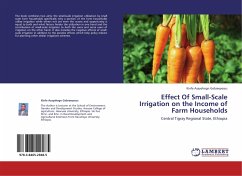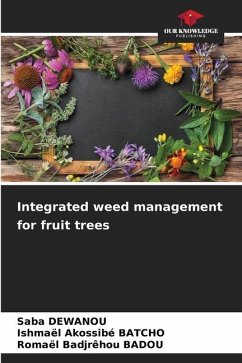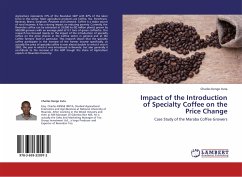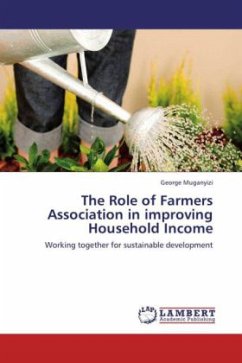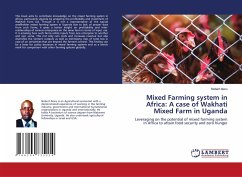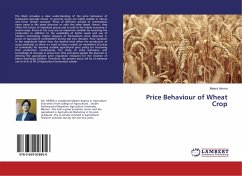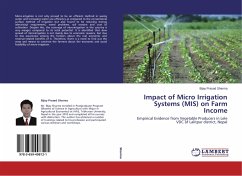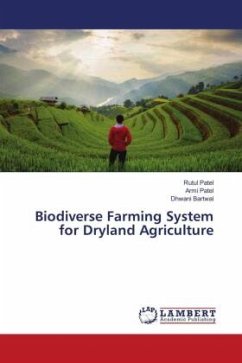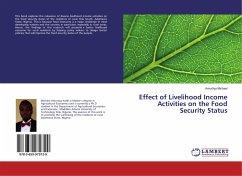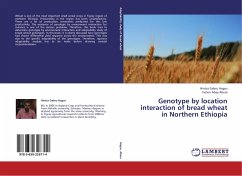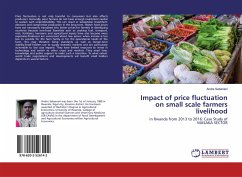
Impact of price fluctuation on small scale farmers livelihood
in Rwanda from 2013 to 2016: Case Study of MASAKA SECTOR
Versandkostenfrei!
Versandfertig in 6-10 Tagen
27,99 €
inkl. MwSt.

PAYBACK Punkte
14 °P sammeln!
Price fluctuation is not only harmful to consumers but also affects producers. Generally, poor farmers do not have enough investment capital to sustain such unpredictability. This can result in suboptimal investment decisions and compromise production in the long term. Higher food prices have not necessarily translated into better prices for farmers in developing countries because non-food Essentials such as cooking fuel, transport, rent, fertilizers, kerosene and agricultural inputs have also become more expensive.Producers are concerned about low prices: when income is too low to provide for...
Price fluctuation is not only harmful to consumers but also affects producers. Generally, poor farmers do not have enough investment capital to sustain such unpredictability. This can result in suboptimal investment decisions and compromise production in the long term. Higher food prices have not necessarily translated into better prices for farmers in developing countries because non-food Essentials such as cooking fuel, transport, rent, fertilizers, kerosene and agricultural inputs have also become more expensive.Producers are concerned about low prices: when income is too low to provide for the farm family or for the operational needs of the farm, this may threaten living standards as well as longer-term viability.Small holders use to supply domestic markets and are particularly vulnerable to low cost imports. They have limited resources to invest in technology and switch to other crops and markets. They need time, knowledge and public support to make such a transition. To what extent world trade negotiations and developments will benefit small holders depends on several factors.





